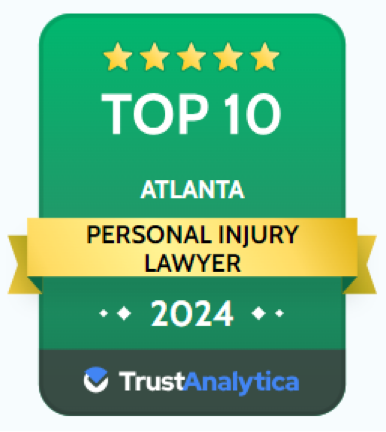All information provided about the law is very general in nature and should not be relied upon as legal advice. Every situation is different and should be analyzed by a lawyer who can provide individualized advice based on the facts involved in your unique situation, and a consideration of all of the nuances of the statutes and case law that apply at the time.
Why are strangers contacting me after my accident?
Case soliciting goes by many names, however, whether you refer to it as barratry, ambulance chasing, capping, steering, or case running–this act is illegal and a sign of an unethical lawyer.
What Is A Case Runner?
An ambulance chaser is a personal injury attorney or individual working on behalf of a PI attorney who preys on recently injured victims and tries to get them to retain their services.
Although “ambulance chaser” is a common synonym for case runner, don’t take the term literally. Most ambulance chasers don’t follow emergency vehicles in hopes of finding their next client. But they do use unethical means to locate their leads. They often have a network of informants–such as hospital staff, police force members, or tow truck drivers–who share accident victims’ personal information without consent in hopes of making a commission. In some cases, they will hang around in the emergency room, waiting for people to be brought in with injuries, and then enter their rooms without consent to prey on the injured or their families during a vulnerable time.
You may have received a text or call from an unknown number, promising you a check for your injuries. This is another common way runners get in touch with their victims, often paying off people with access your sensitive information, such as 911 operators, hospital staff, those with access to police reports and more.
What Should I Do If a Case Runner Has Contacted Me?
If you’re suspicious that you’re talking to a case runner, immediately end the conversation. Hang up the phone or tell them to leave, and do not reveal any more information. To avoid conflict, you can inform them that you already plan on retaining legal representation from a trusted source.
Remember, most case runners are trying to take advantage of your vulnerable state and high stress levels. Don’t trust their false show of compassion. Any person who tries to manipulate people in this manner is not someone you want handling something as critical as your financial future. They are likely trying to get as much money from you as possible.
If you are contacted, whether by unsolicited text, phone call, or in person, you can report your experience to your state bar. You’re likely not the runner’s only victim.
To understand your legal rights, contact a trusted law firm like Montlick to discuss your case with a licensed, ethical attorney for free.
What Are the Signs of a Case Runner?
Deciphering a case runner illegally soliciting services apart from someone earnestly trying to help can be challenging. If a case runner contacts you, your intuition may warn you that something is off, but how can you know for sure? Here are a few telltale signs:
- They have your phone number, but you’re unsure how they got it
- They show up at your door or hospital room unannounced
- They were referred by someone you do not really know, such as a tow truck driver
- They are offering you money or medical assistance
- They are asking invasive questions
- They are pressuring you to sign documents
Get the Law You Need from the Lawyers You Trust™
You deserve ethical representation from an attorney you can trust. Make your first call the right call–make it Montlick.
How useful is this for you?
Would you like to speak with an attorney?
Call NowRelated Questions
- What Happens if You Total a Car? (Financed, Leased, and Insurance Scenarios Explained)
- How Long Can Your License Be Suspended in Georgia?
- Average Payout For a Pedestrian Hit By a Car in Georgia
- Can You Claim an Accident Without a Police Report?
- Can a Decatur, GA car accident attorney negotiate with my insurance company for me?
We Win More than Settlements.
We win the peace-of-mind you need to get your life back.
At Montlick, we believe comprehensive legal representation is a right, not a privilege. That’s why we provide our services on a contingency fee basis. You only pay when we win.








